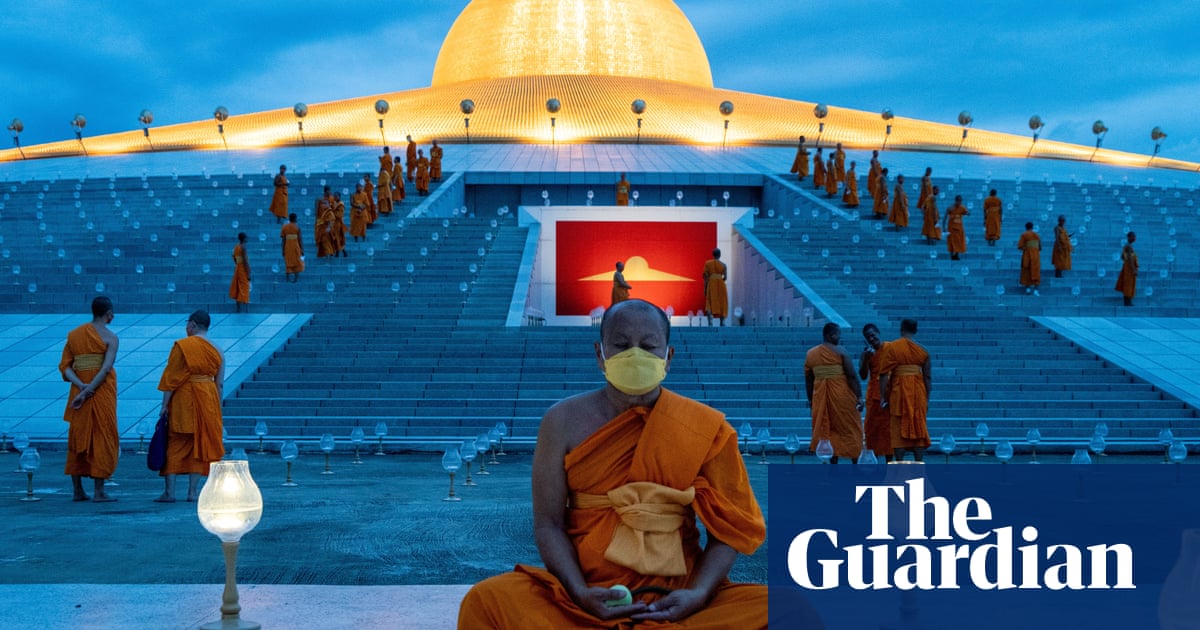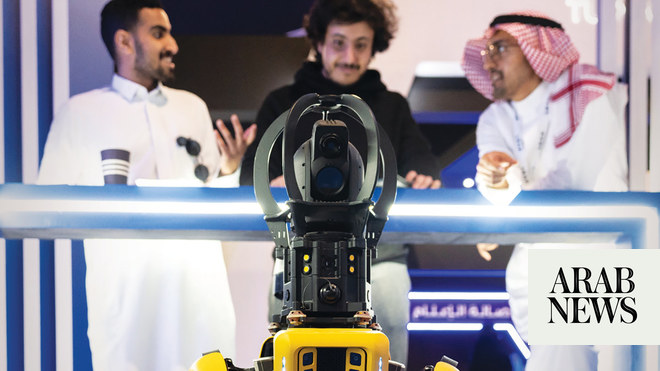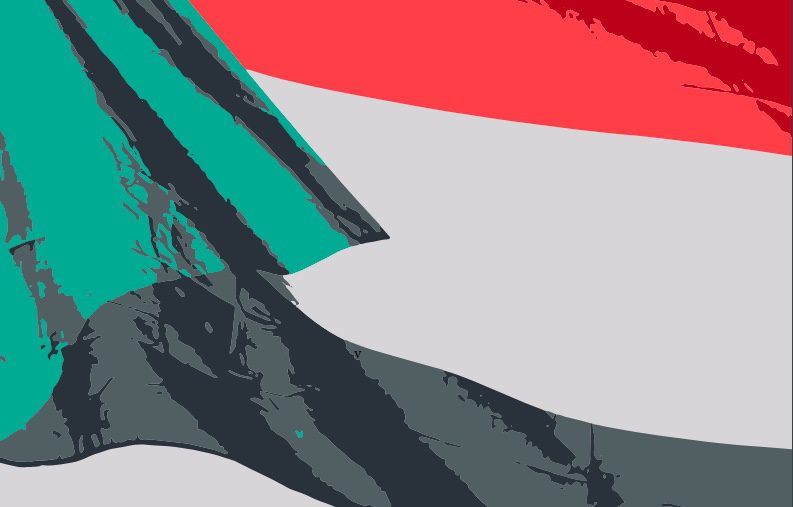
ABU DHABI — The UAE believes in the importance of dialogue and in shaping what this region could look like for many generations to come, said Reem Bint Ibrahim Al Hashemy, minister of state for International Cooperation, stressing that, ""We are committed to a two-state solution in a Middle East that will fight extremism and that believes in plurality, multiculturalism, the right of minorities, and the opportunities that exist for young people by embracing technology, innovation, and economic empowerment.""
Al Hashemy was speaking on the impact of the historic Abraham Accords for the UAE and Israel during a high-level online roundtable discussion, exploring the advancement of UAE-Israel, regional, and Muslim-Jewish cooperation, hosted by the Emirates Society, the UK-based institution focused on strengthening ties between the UK and UAE on economic, political and cultural affairs.
Representing the UAE at the event, she spoke alongside Ban Ki-moon, the 8th UN Secretary-General, and Rabbi Ephraim Mirvis, chief rabbi of the United Hebrew Congregations of the Commonwealth. She continued by noting that the UAE feels that "the Middle East struggles with so many challenges, and youth here deserve to explore what a better future could look like."
Ban Ki-moon’s remarks reflected on the role of multilateral organizations, the importance of religious tolerance, and how lessons from the Abraham Accords can be applied to other longstanding issues. According to Ban, the Abraham Accords offer a "cooperative space not only for leaders but also for citizens of all the participating countries."
He continued, "The architects of this important agreement must ensure that the Accords are not an agreement just for their countries, but for their people. The Abraham Accords should serve as a launch pad for the sustainable peace and prosperity in the region."
Providing an important perspective on the importance of advancing Jewish-Muslim relations as part of a broader interfaith effort to secure peace in the Middle East and beyond, Mirvis commented, "The Abraham Accords have unlocked a range of exciting opportunities for closer political, economic, and diplomatic collaboration between the UAE and the State of Israel.
“In addition, I am particularly hopeful that they will also herald a new era of Muslim-Jewish interfaith dialogue. This is a time for faith leaders to be courageous and work together to build a culture of peace and cooperation in our communities."
Chairing the event was Alistair Burt, former UK minister of state for the Middle East and chair of the Emirates Society, who commented, "The UK has supported the Abraham Accords as a bold diplomatic move to suggest a different future for the Middle East, beyond the conflicts which have afflicted it for so long.
“Opening up an opportunity for a just resolution of the issue between Israel and the Palestinian people and striking determinedly against religious intolerance were the added positive themes from three remarkable panelists in this discussion."
Building on the positive impact the accords have had on the Gulf region, Al Hashemy noted that the event was a welcome step in furthering the discussion on how diplomacy and goodwill are central to a peaceful Middle East and showcase what is possible for not only the region, but the rest of the world.
The virtual event was attended by more than 100 high-level guests from the UK, UAE, and across Europe and the Middle East, drawn from government, civil service, the diplomatic corps, international think tanks, academic institutions, and media organizations.
The event is part of the Emirates Society’s continued efforts to bring together stakeholders from the UK and UAE to address shared interests, priorities and opportunities for collaboration. The organization has previously hosted events regarding the impact of COVID-19, the launch of the Emirates Mars Mission and its impact on science and innovation, and UK-UAE relations following the UK’s departure from the European Union. —WAM











